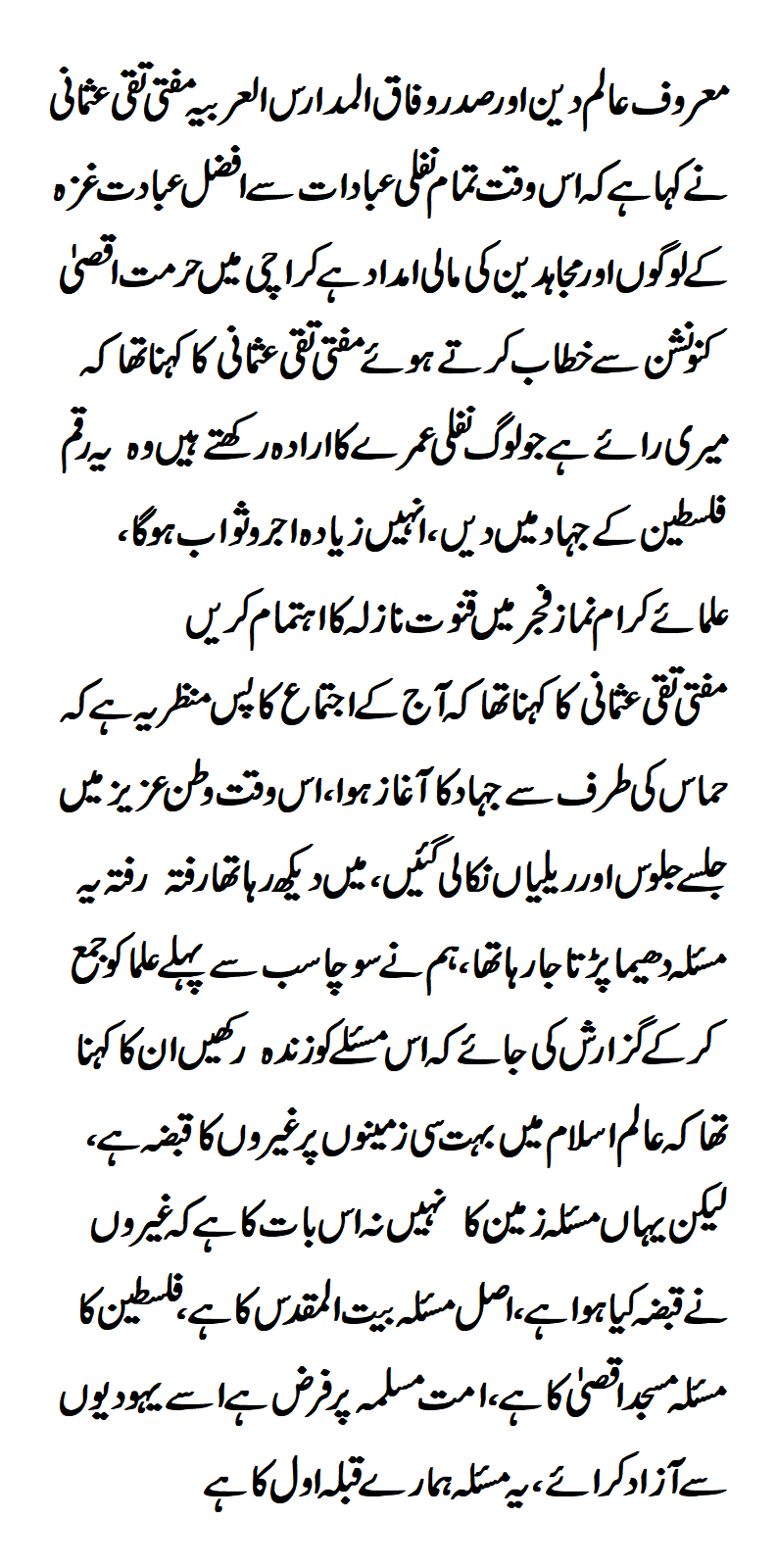The eminent figures in Islamic scholarship have shaped the Islamic landscape in Pakistan. From powerful sermons and extensive contributions to religious education, each scholar has left a mark on Islamic discourse. This article is a journey through the lives and contributions of these scholars who have influenced the understanding of Islam in Pakistan and beyond.
10 Islamic Scholars of Pakistan
- Dr. Israr Ahmed (Late)
- Maulana Tariq Jameel
- Javed Ahmad Ghamidi
- Mufti Taqi Usmani
- Mufti Muhammad Naeem
- Dr. Farhat Hashmi
- Mufti Tariq Masood
- Nauman Ali Khan
- Muhammad Tahir-ul-Qadri
- Muhammad Raza Saqib Mustafai
1- Dr. Israr Ahmed (1932–2010)
Dr Israr Ahmad was a respected Islamic scholar from Pakistan, known for attracting audiences in South Asia and the Middle East, Western Europe, and North America. He gained recognition for his powerful speeches and deep knowledge of Islam, having written around 60 books, nearly half translated into different languages, including English.
Born in Hisar, Punjab, during British rule, Ahmad pursued his education at the King Edward Medical University in Lahore, where he earned a medical degree in 1954. Alongside his medical studies, he developed a passion for Islamic studies and completed a master’s degree from the University of Karachi in 1965.
Ahmad’s involvement in politics began with associations like the Muslim Student’s Federation and Jamaat-e-Islami. However, disheartened by the latter’s move into electoral politics in 1957, he founded Tanzeem-e-Islami in 1956. His vision aimed at implementing Quranic teachings and Sharia comprehensively, emphasizing the restoration of the Caliphate while rejecting Western influences.
A significant moment in his career came in 1981 when President Zia-ul-Haq granted Ahmad a weekly show on Pakistan Television, making him a national figure. His influential role contributed to the Islamization efforts in Pakistan.

Throughout his career, Ahmad emphasized a Quran-centered Islamic philosophy, leading to the establishment of Markazi Anjuman Khuddam-ul-Quran Lahore in 1972, Tanzeem-e-Islami in 1975, and Tahreek-e-Khilafat Pakistan in 1991. Ahmad was also honored with the Sitara-i-Imtiaz in 1981, recognizing his significant contributions to the field of religion.
Despite stepping down from leadership in 2002 due to health issues, Ahmad’s legacy endured through Tanzeem-e-Islami. He passed away in Lahore on April 14, 2010. Ahmad’s efforts over four decades to promote Quran-based Islamic philosophy have left a lasting impact, earning him followers in Pakistan, India, and the Gulf countries. His work in education, philosophy, and activism continues to influence Islamic discourse globally.